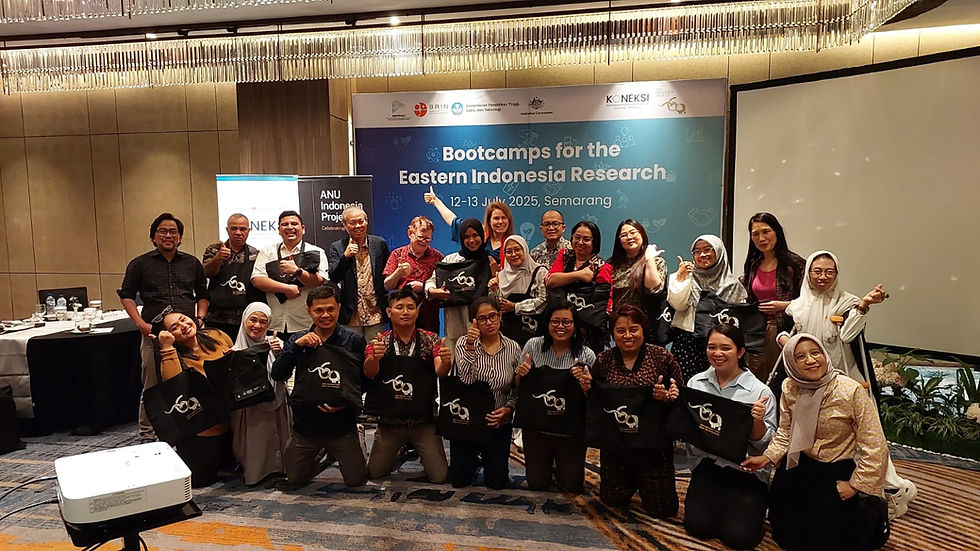WHO ANC Module Prototype
- admin
- Mar 27, 2020
- 2 min read
In 2016, the World Health Organization (WHO) released recommendations for antenatal care for a positive pregnancy experience. In order to facilitate the implementation of these guidelines and leverage the expertise of front-line health workers, WHO is developing digital tools to support decision making during antenatal and intrapartum care named WHO ANC Module. The WHO ANC Module was developed to promote the latest WHO recommendations on antenatal care. WHO ANC Modules are in draft form and it is essential to identify and correct anomalies that these systems could produce. Therefore, user testing is conducted to gather feedback regarding the usability of the module in providing care and possible adaptation for country-level customization.
The WHO Antenatal Care (ANC) Module will consist of an algorithm guiding clinical ANC service provision (with content based on WHO’s guidelines), housed within the Open Smart Register Platform (OpenSRP) platform. It will allow health care providers to track individual patients (similarly to an electronic medical record), yet each patient’s information will form part of a larger register allowing for easy tracking of interventions and care, at a large scale. The tool presents an innovative opportunity to merge existing WHO Guidance for service provision with the compilation of necessary ANC related metrics. Data is crucial for service delivery, especially given the increase to eight ANC contacts. This tool will allow for collecting information at scale, with the possibility to tailor it to each country, by linking it to the parameters set using the ANC Recommendations Adaptation Toolkit. It will be customizable for content within the health system.
The user testing of the WHO ANC Module was conducted in North Lombok, Indonesia involving twelve Bidans (Bidan). The feedback was gathered through a short questionnaire after two ANC routines provided to at least 10 pregnant women with common complications for each Bidan, an in-depth interview and a focus group discussion (FGD).
Based on the feedback, the Bidans agreed that the module is a helpful tool to assist ANC contacts and would love to use this module in their daily activity. However, technical issues such as lag and crash highly discourage them to use the module. Moreover, the lack of language options also inhibits them to deliver the ANC service fully. In general, all question variables and response options are very comprehensive and the analysis provides good insights into the condition of each pregnant woman. The midwives are willing to switch to this system as it is easier to use compared to their current paper-based system. However, there are a few variables and response options that can be improved based on the local policy.





Comments